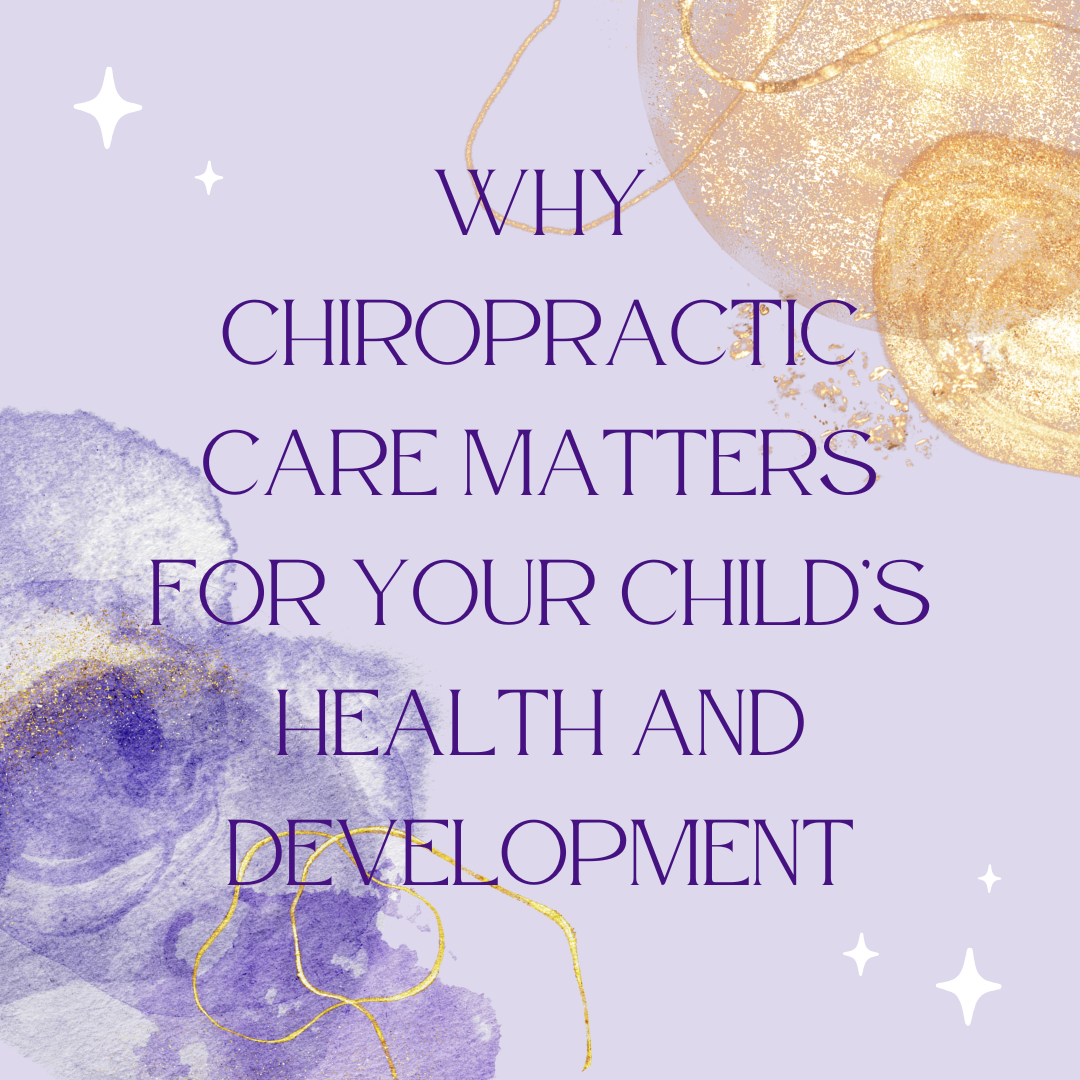Unlock Brain Potential to Protect Against Decline

Our brain is probably the most neglected, abused and poorly understood organ of our entire body. While sports concussions and Alzheimer’s awareness are at an all-time high, many of us fail to protect our brain from potentially reversible decline.
The No. 1 cause of cognitive decline is not the 13 percent of us who will develop Alzheimer’s disease nor the millions of traumatic brain injuries reported each year. One of the leading causes of diminishing cognitive capacity is healthy people letting their brain lose ground.
Fortunately, it does not have to be that way. There are a number of actions people can take to maintain and support life-long cognitive capacity in the absence of disease.
Research shows that the brain is inherently changeable throughout life. Just as lifestyle interventions can spur weight loss and decrease bad cholesterol, we now know that implementing healthy brain habits can improve neuron nourishing brain blood flow and strengthen weakened connections between brain regions producing positive cognitive change.
While our ability to improve brain health is becoming more widespread in the neuroscience community, the general public is still largely unaware of pivotal steps that can be taken to make the brain more resilient to decline or injury and regenerate after cognitive losses.
We want that to inspire individuals to “ change their mind “ through healthy thinking habits. That is why the Center for BrainHealth at The University of Texas at Dallas team is eager to announce that we have broken new ground on our Brain Performance Institute , the first facility of its kind dedicated to translating and implementing scientifically validated findings about brain health discoveries into practice. The building will not be an acute treatment facility, but a place where people can go to enhance brain performance.
Chancellor William H. McRaven of the University of Texas System best posed the question our research seeks to answer during our momentous groundbreaking ceremony last week. “How can we as individuals, as a state, as a society learn to think better and in thinking better become happier, more productive, more competitive and ultimately more successful? “
“Right here in Dallas, I believe we are on the cusp of the next great revolution, a revolution in brain health. My hope and my belief is that 40 years from now we will have made improvements in brain health of the same order of magnitude that we made in physical fitness,” McRaven said.
“In 1968, the year that Dr. [Kenneth] Cooper published his best seller Aerobics , only 100,000 people in America were jogging, only 100,000. Now there are more than 30 million Americans who run for fitness and good health. The physical fitness revolution
changed the way America thought about exercise. As a society we now understand the link between cardiovascular fitness and health,” he explained. “We’re going to know a lot more about how to take care of our brains. We are going to need it, because thanks in part to the physical fitness revolution, people are living longer. To make the most of the years we have, we need to make sure that brain fitness catches up with physical fitness. And I’m convinced it’s going to happen and I am here to state in no uncertain terms that The University of Texas System intends to lead this new revolution to benefit our state, our country and the world.”
Targeted programs offered at the Brain Performance Institute assist healthy teens and adults in improving their strategic and innovative thinking skills — enhancing their school and work performances. Other programs help those diagnosed with impaired brain function due to illness or injury recover that brain function to the extent possible, and slow further cognitive decline. And still more offerings utilize innovative technology platforms to provide treatment and training programs for those on the autism spectrum.
The Brain Performance Institute offers a brain health physical to benchmark and monitor cognitive performance and changes on an annual basis. A variety of high performance brain training programs tailored for different populations target improvement in complex reasoning and innovation and reducing toxic brain habits.
Randomized clinical trials have shown this training yields significant benefits, including:
• As much as a 25 percent increase in reasoning among middle school students in poverty.
•An 18 percent improvement in increased memory
for facts for middle school students, regardless of socioeconomic status.
• Up to a 12 percent increase in brain blood flow , which is a promising metric of brain health fitness.
• Up to a 60 percent decrease in depressive symptoms in individuals who have experienced a traumatic brain injury.
That success is just the beginning. We are continuing our research on the training to increase brain plasticity using directed cortical stimulation or drug agents combined with cognitive reasoning training. Our work to improve brain health fitness for all never stops.
Historically it can take at least 20 to 40 years before scientific exploration and discoveries trickle down to applications and medical practices that improve people’s lives.
We think that is not fast enough.
Twenty years is too long for seniors with longevity who need their mental capacity to remain independent or for those struggling to maintain brain function in the earliest stages of Alzheimer’s. It is too long for our military service members trying to re-integrate into society after suffering a traumatic brain injury and/or post-traumatic stress disorder. And it is too long for teens who are having trouble in school and need to be equipped with the innovative learning skills to solve the complexity of the world’s problems tomorrow.
Our goal for the new Brain Performance Institute is to transform the way we take action toward advancing the health of our most valuable organ. Our goal is to hasten the day all Americans have access to the information, techniques and treatments they need to harness the tremendous potential of their own brains. A rich potential that we have not even begun to tap.
For more information about the exciting research now underway and ways to benefit from it, we encourage readers to visit www.centerforbrainhealth.org.
Read the full article here. Source: Huffingtonpost.comSchedule an appointment today! Call or text Dr. Diana at (602) 524-0222. Or Email us at info@mladenoffclinicaz.com





